District Six
In my first year at UCT I was introduced to Clifford Geertz (1973 and I was hooked and at the time from the get-go. When I found out about Ethnography through the medium of photography as visual cues that aid textual fieldnotes. I found within myself my own ways of navigating society in making meaning'.
Visually there are many intersectional cues rooted within the field and having these cues allows for the production and reproduction of one or more viewpoints into how the realities and lived worlds are experienced. For visual cues capture still scenes of reality that can be visually seen by the reader along with the textual, written work. The ability to see the actuality of time and space within the of field. The practice of visual anthropology and fieldwork is an examinable approach as it incorporates the dual complexities and potentials of Anthropological Fieldwork within today’s current digital age/era.
District Six encompasses a large part of the South African history books. Ingrained are realities in which native individuals to the land were forcefully evicted based on their race and class by the Apartheid Government and as Anthropologist cannot deny the nature of a rose with many thorns. And too, as individuals, we must deepen our understanding of the impact of the forces shaping our world and it begins with the intricate notions of our everyday being's.
How truthful is this innovation/fieldwork?
Taking into account a reciprocal, reflective approach involves bridging the differences between race, class, gender, power, and culture between myself and those involved, thus mediating the nature of ‘togetherness’ in knowledge creation throughout the entirety of the project. In aim, I seek to bring out the truth within the streets of District Six through observational participation and reflection.
District Six: December 2018 - April 2021
Over two years ago, annually the members of the District Six Community come together for their festive where they march down the street in a parade. Known as the Kaapse Klopse, these specific individuals are members of the community and can be seen immersed within District Six. Such cultural practices act as symbolic practices such as Marching Bands. On this day, the entire District Six were out on the streets marching along with their fellow residents. A day many will not forget as I spoke to these individuals last week and they spoke of how this symbolic ritual gave strength to the community and brought a sense of unity going into the following year which unfortunately saw the Global Pandemic of Covid-19 arise.
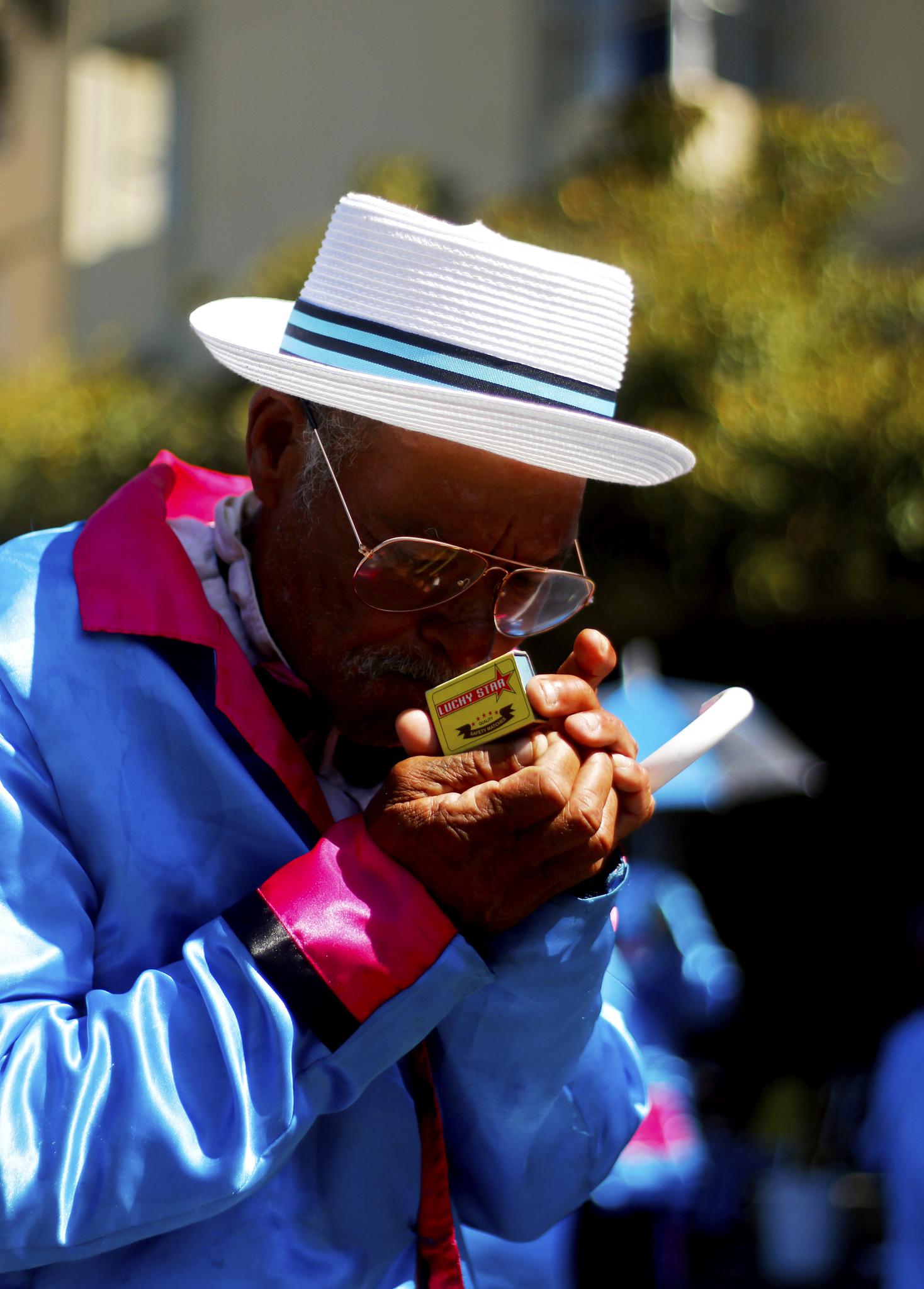
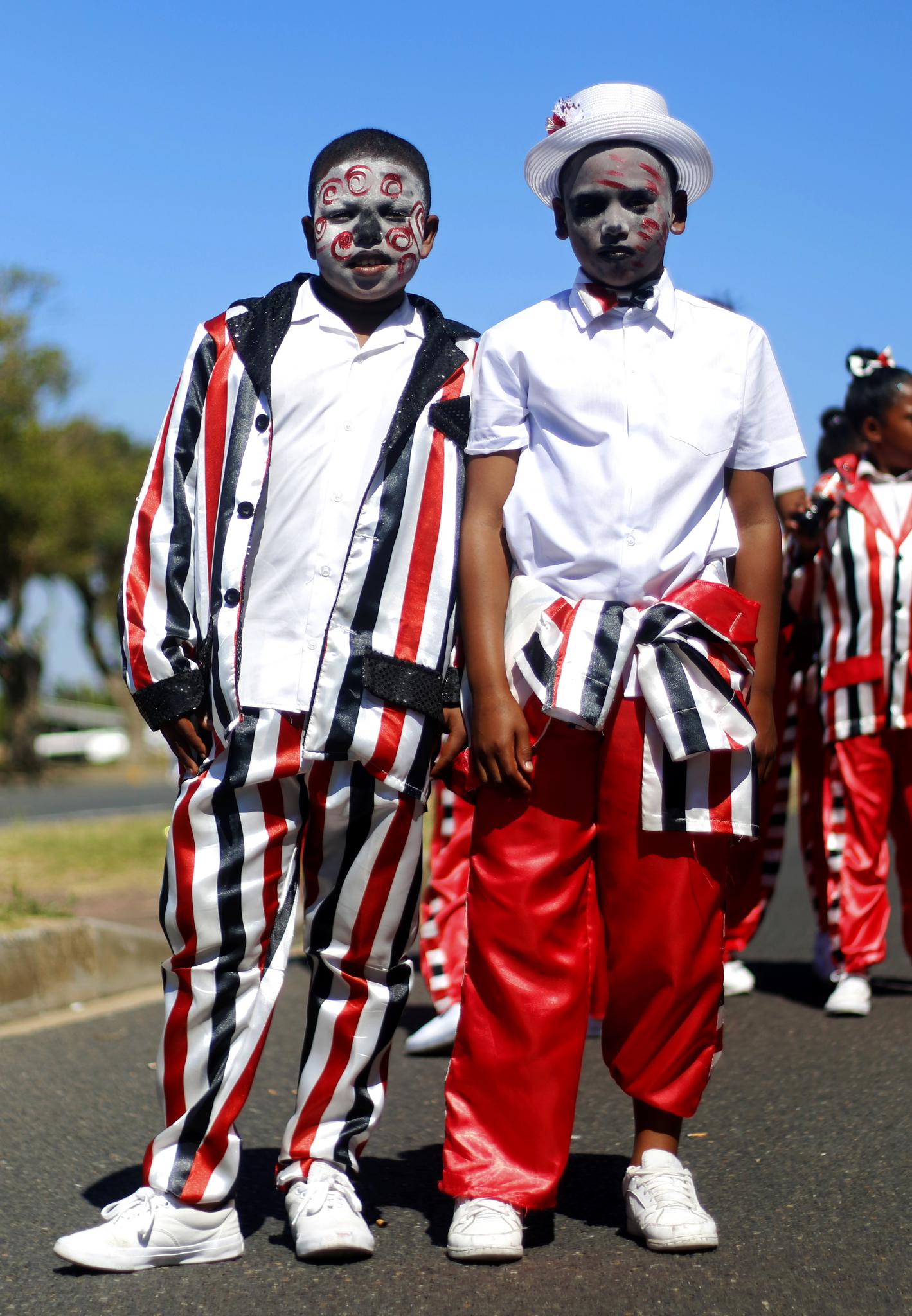
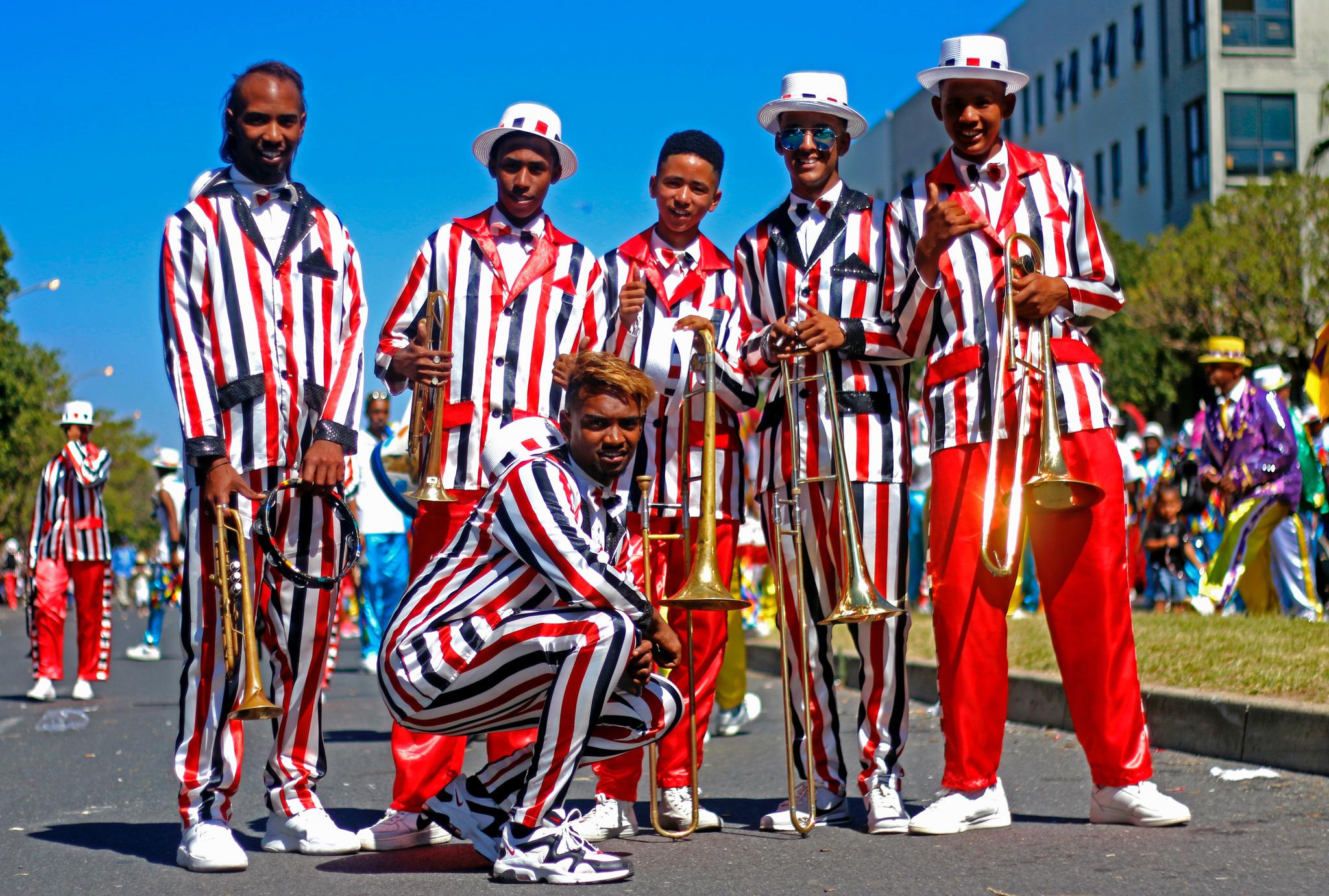
----
Observational Impacts & Outcomes:
To begin it is of importance to situate my positionally within this context of my Fieldwork Assignment.
Four years ago, my mother and I moved to District Six from the Southern Suburbs. Immediately once this was known, we became District Six’s newest arrivals and what struck me back then was how closely we became the observed as we were the outsiders from a privileged background. My mother and I became the objectified subject, whilst those who already were in the community very much embodied unconsciously the role of the observer.
Coming to understand this now only, I had to detach the Ethnographic and Anthropological rules of academia and through this detachment, attach myself to the rules of everyday life living in District Six. Over the past week, I have been doing a lot of reflection as to what Anthropological Fieldwork is and I found and am still finding myself on a path of questioning my past three years of ‘doing’ Anthropology.
I asked myself the following as I move across the streets of District Six: How does one ‘do’ Anthropological Fieldwork?
What may make sense to me as an Anthropologist may not necessarily make sense to another Anthropologist, however, I have come to see how that over the past three years, Anthropology for me has been done and taught in the classroom, and in first-year, we Anthropologists were teased slightly by the beauty and potential of fieldwork as we were required to produce weekly journals. Little did I know back then that ‘doing' anthropology is much more than this. I then went back and looked at my journals from my first year and saw potential chaos by doing true fieldwork.
My doing of Anthropology was not truly reflexive, if I were to take the approach I did in the first year, my observations would be factually inaccurate and bias. It would not adequately describe the stories in the streets of District Six and its people and community; especially over a three-year period.
Methodology:
The case of my fieldwork examines how the individuals of District Six have learned to not play within the 'field' alone. A term used by many Anthropologists when drawing to Bourdieu’s habitus. Instead in my fieldwork and field notes, I draw specific distinction's between the field and the streets of District Six. Two similar terrains however when taken into context; the field and street are vastly different when illustrated following the rules of performativity and representation.
As for the streets of District Six, applying Heisenberg’s principle of uncertainty speaks to the chaos of fieldwork. The principle expresses that we as Anthropologists have to make choices and these choices have a direct impact on the process of our fieldwork through doing, seeing, and interacting with the realities around us.
----
Fieldwork
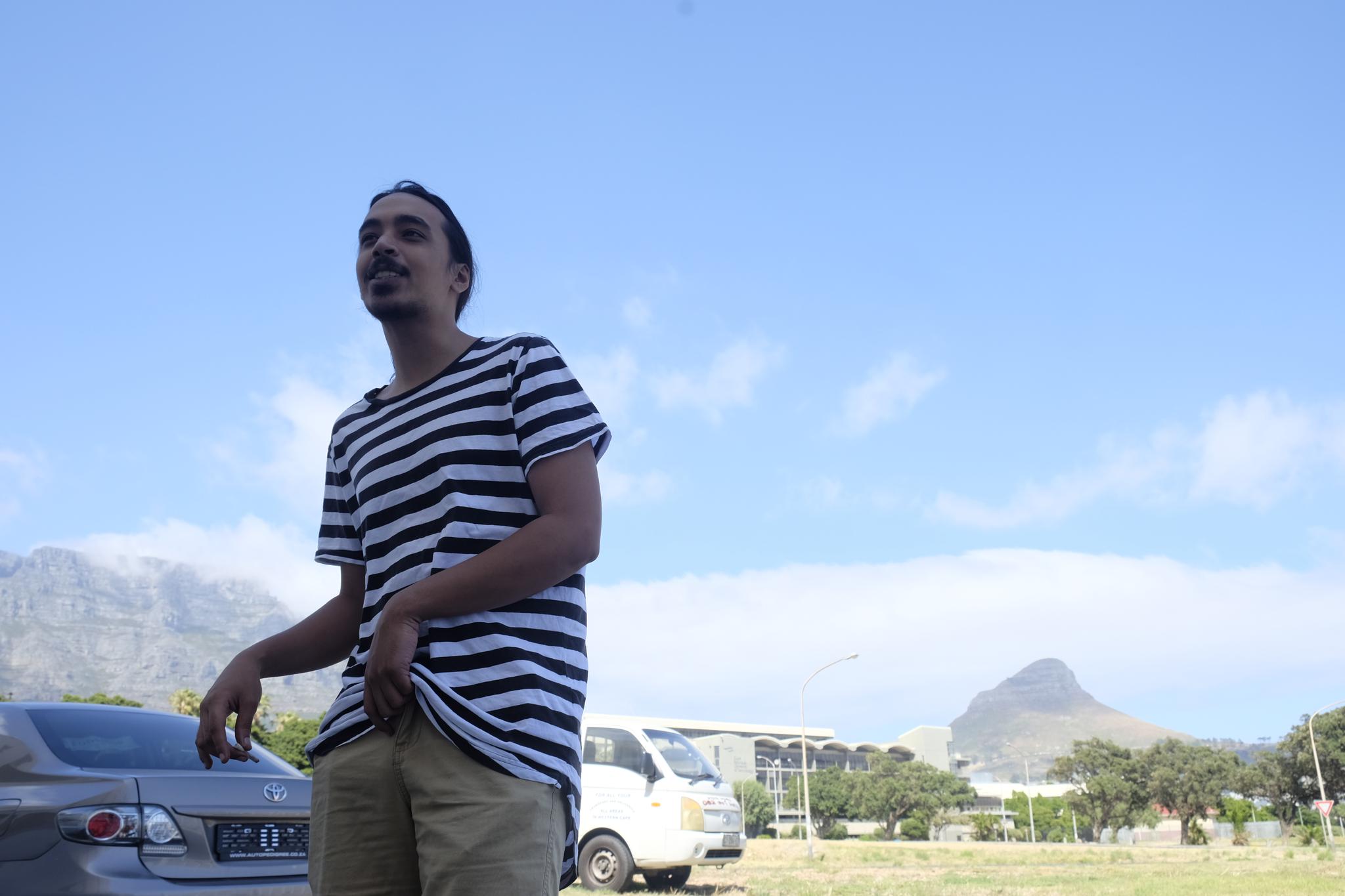 "Awe my king" - Gamza Hoosain
"Awe my king" - Gamza Hoosain
Gamza became my friend first when I moved to District Six, he introduced me to the rest of the younger individuals around the community. He very much embodied the role of my 'homie'. Our friendship grew and essentially we saw and taught one another about our livelihoods and realities that shaped our exposure and worldview in conjunction with Bordieu's habitus theory and its locus of polarization between the fields of Bishops and the Upper class and that of the Street's of District Six.
Many days saw us sitting outside together in the park, smoking a few cigarettes with the usual suspects, we were very much the youngsters of District Six. I think the beauty of identity is that despite my background; Gamza and I had an instant connection and this connection was not about me trying to immerse myself as it was organic. As for the insights I gained into the community from our friendship; I cannot replace them. He has taught me the in's and out's of the streets, he's taught me to the survival skills needed within a predominately, Islamic Cape Coloured Community.
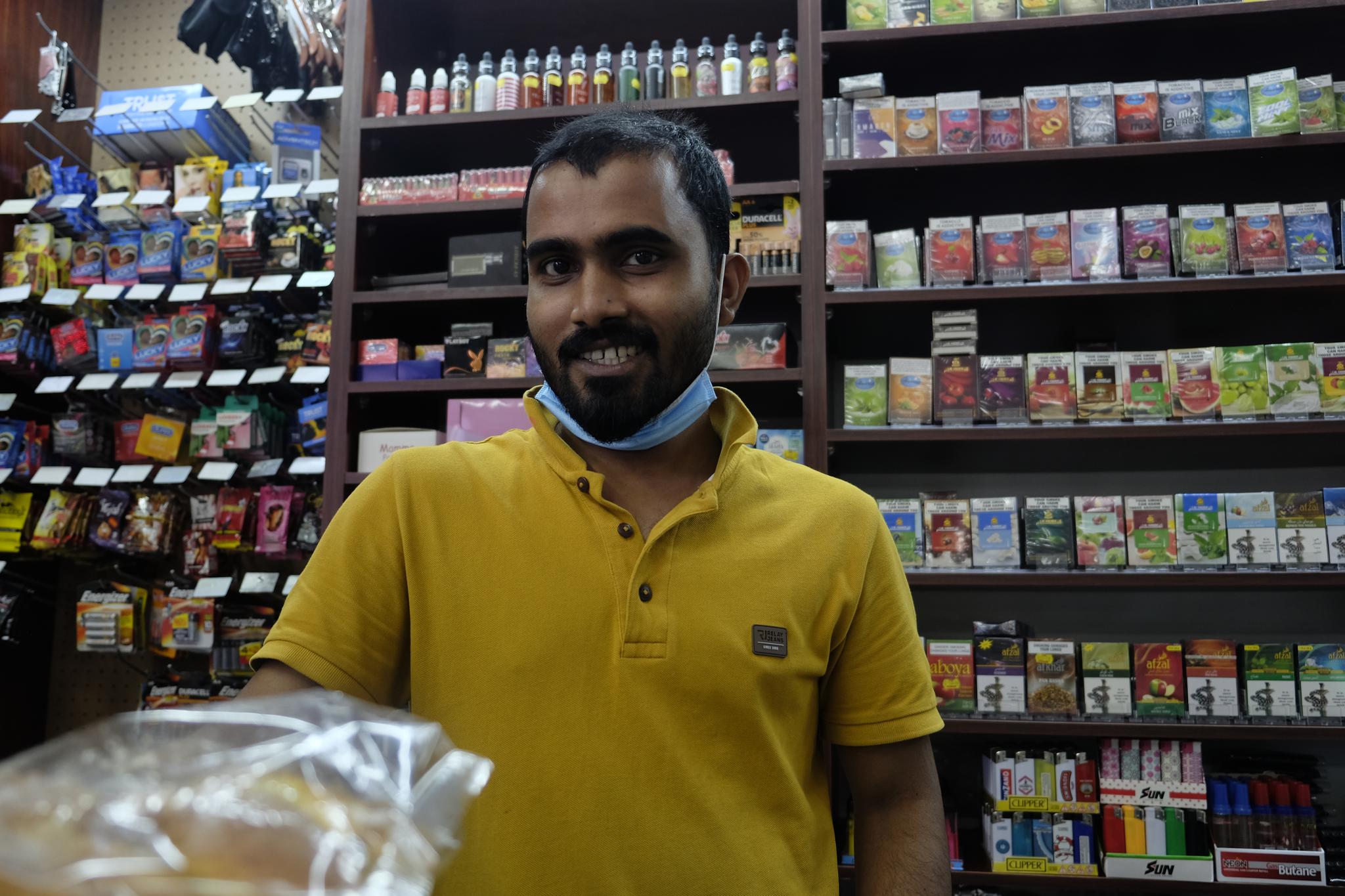 "Salaam Bhay" - Shobuz Ahamed
"Salaam Bhay" - Shobuz Ahamed
Transnational identities and cultures are largely present in District Six. They form a part of the economic, public sector of the community, and in Immersing myself within a transnational culture by going to two spaza/corner stores I have become a regular 'Bhay'. Shobuz has shared many of his stories with me and how coming to South Africa was their only option when it came to their socioeconomic status, how they came to South Africa correlates to many of the corner stores in District Six that belong to transnational families.
And as much as they may not be native to District Six historically, they certainly form a large part of the community when it comes to accessible goods and how we as a community sustain ourselves with the products they have on offer. A significant aspect of multi-species Anthropology as we as individuals in District Six are brought together by these store owners.
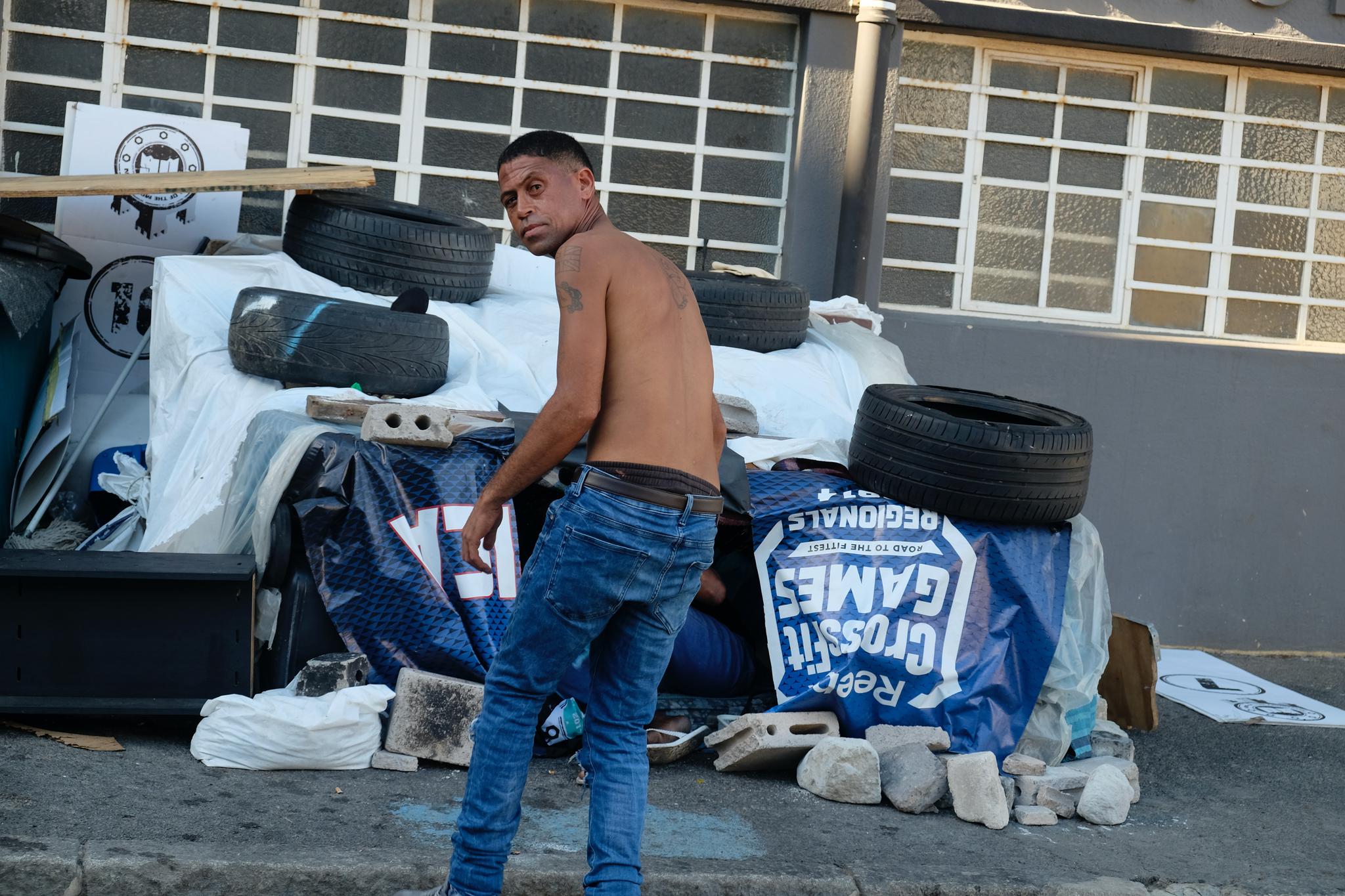
District Six is also home to the homeless. Police Brutality is low, I say having spent time with the man above, and their embodiment is humble, circumstance has them living a difficult life and I commend the police for noticing this, mentioned to me by a couple of individuals.
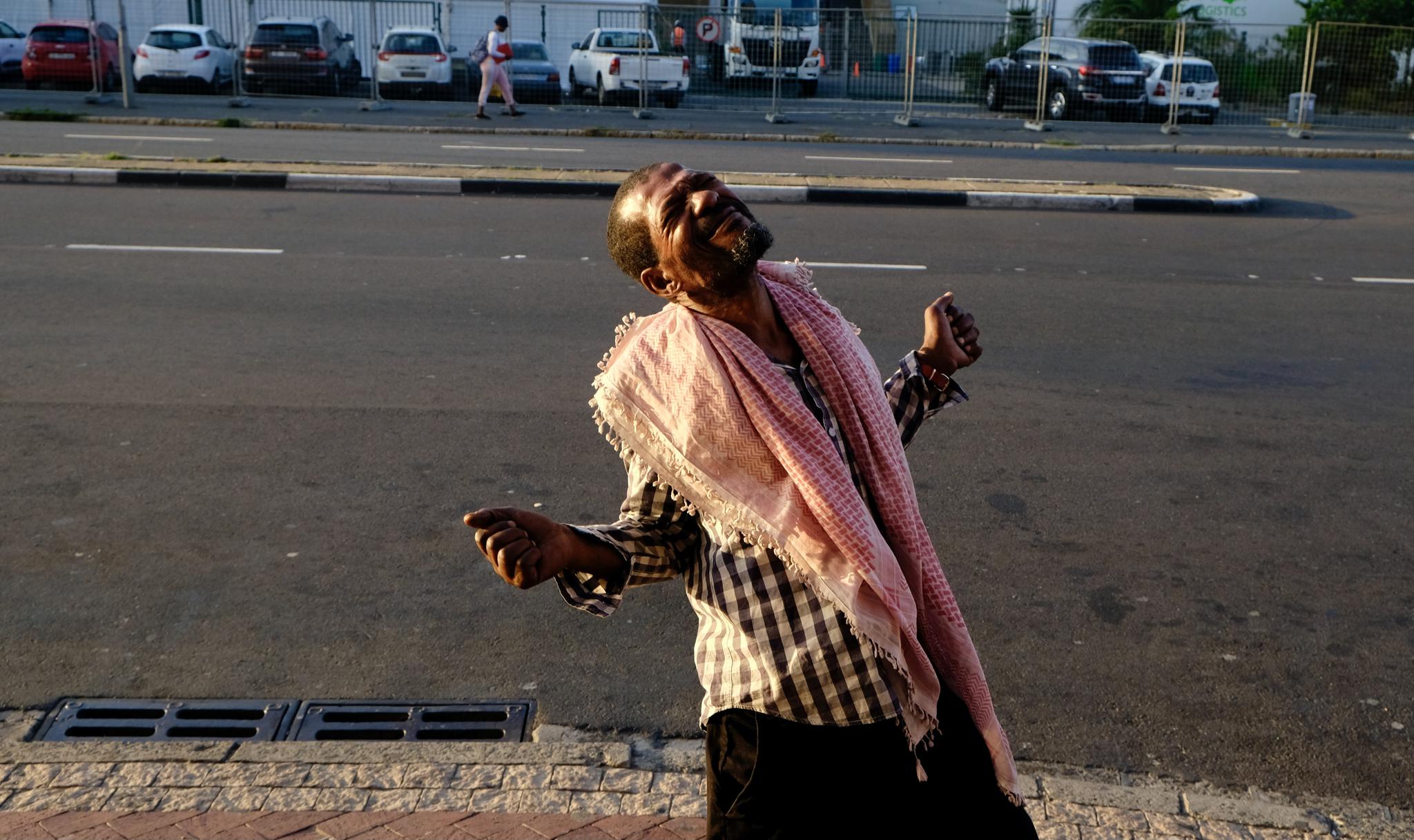
----
The Streets of District Six
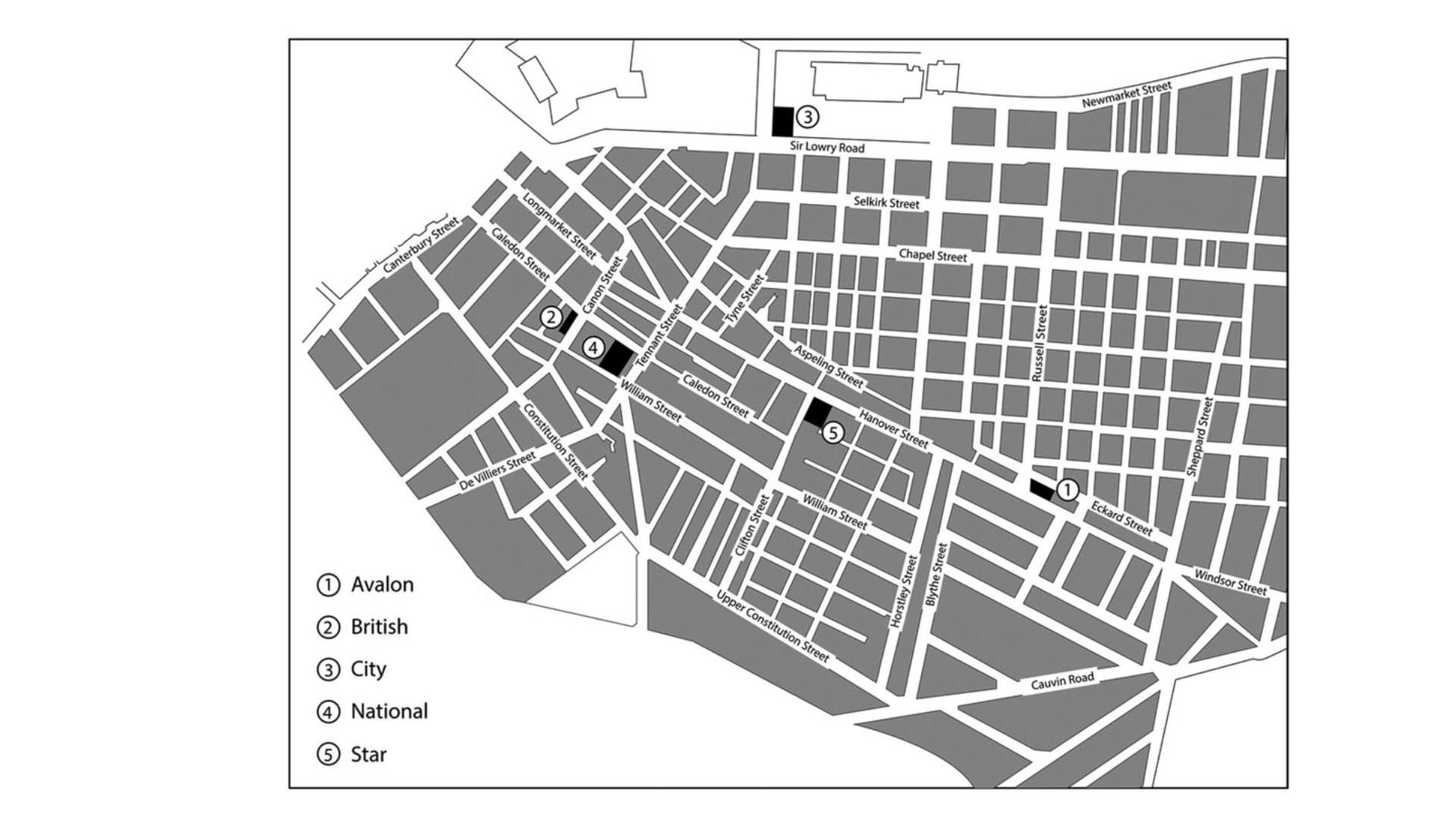
The map above was developed at the time in which the residents of District Six were evacuated. To this day, none of the street names have been changed. Not even in the ones seen. Categorically, the District Six street names have not been decolonized. Despite the land reclamation acts which promises prior generational families and individuals who were evicted the option to either sell or take their property and land back.
Drawing to this shows how operational governing systems are even in fieldwork and the effect it has on an entire community and its people.
The following images are these exact streets.
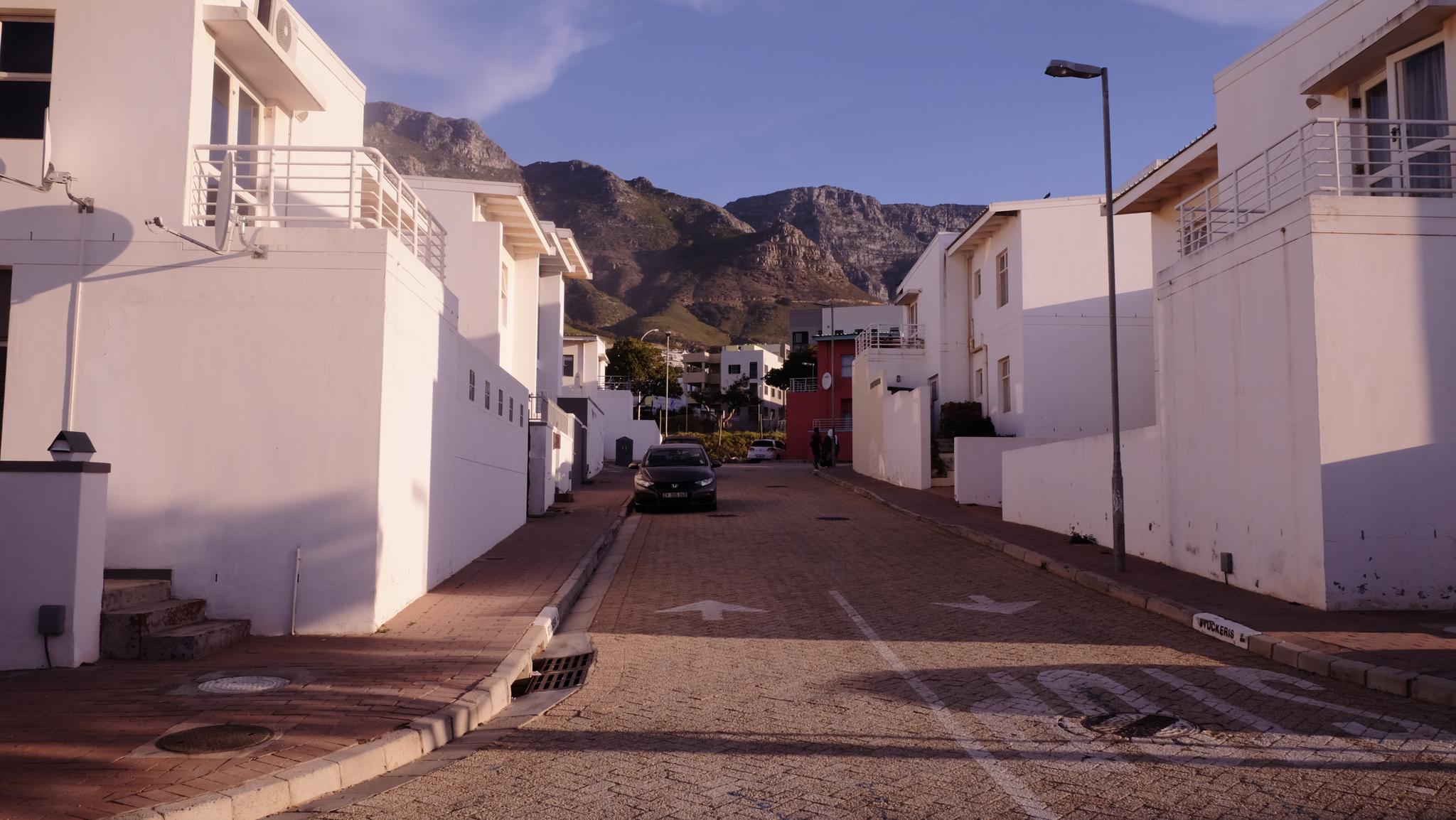
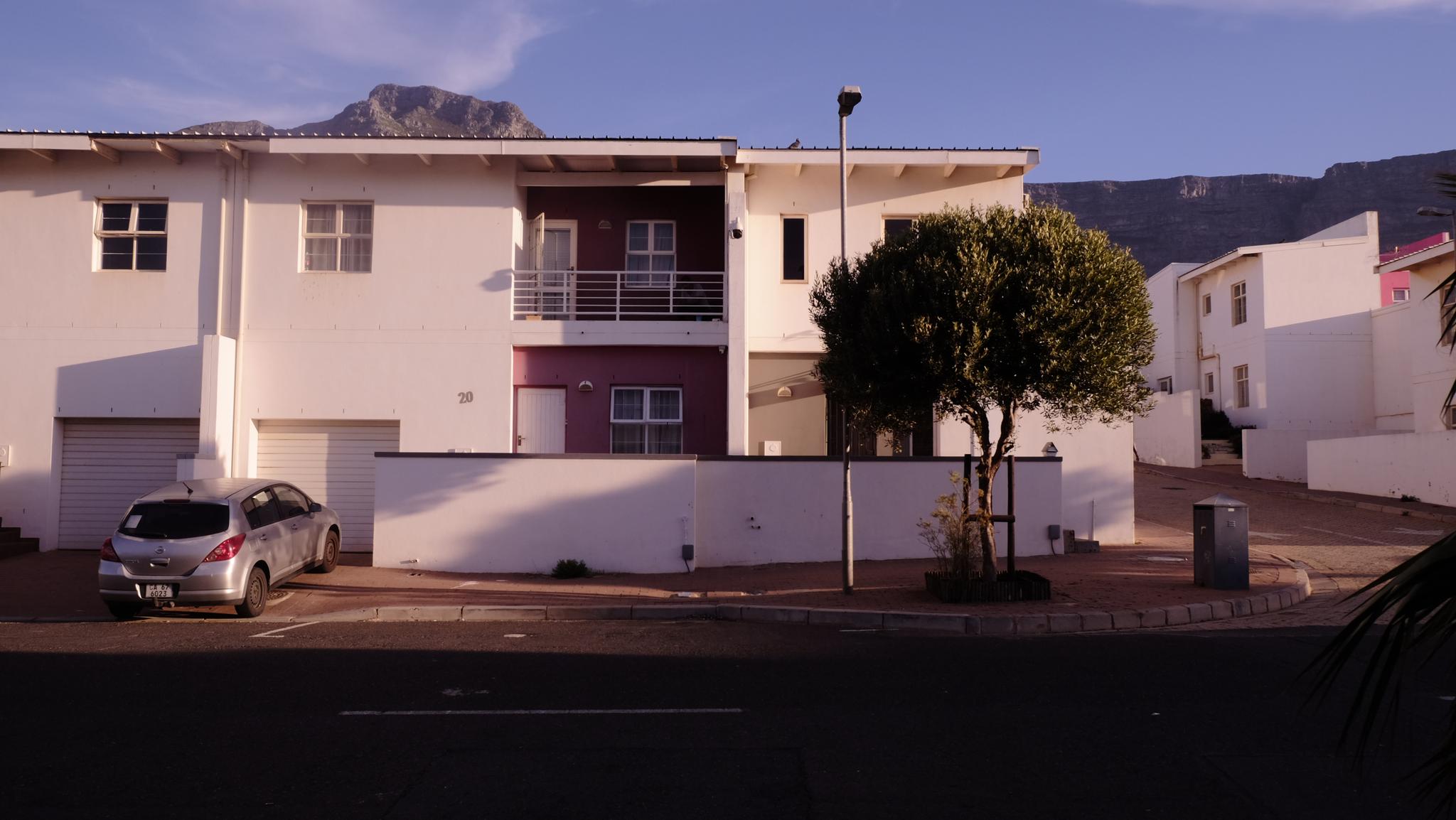
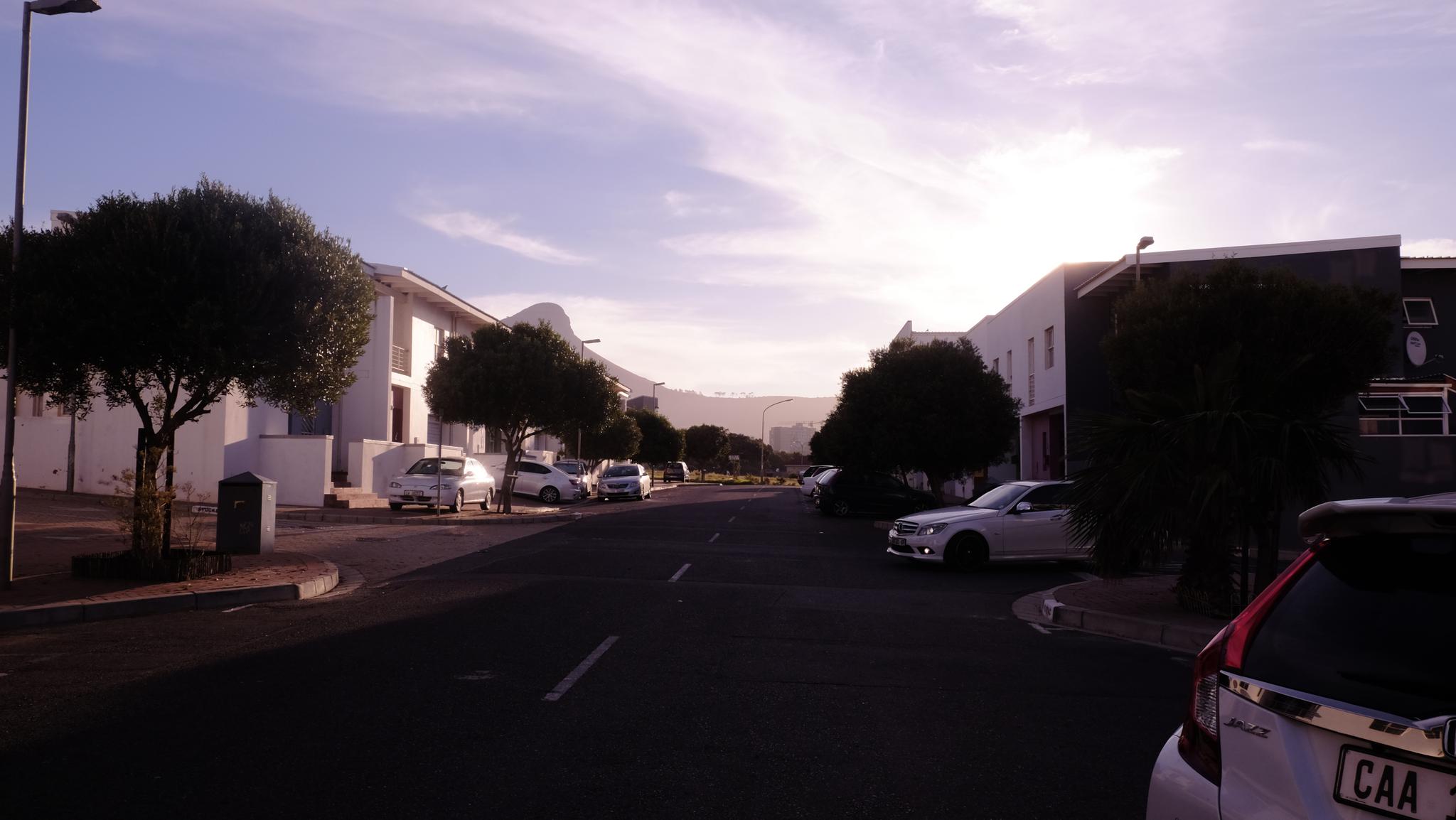
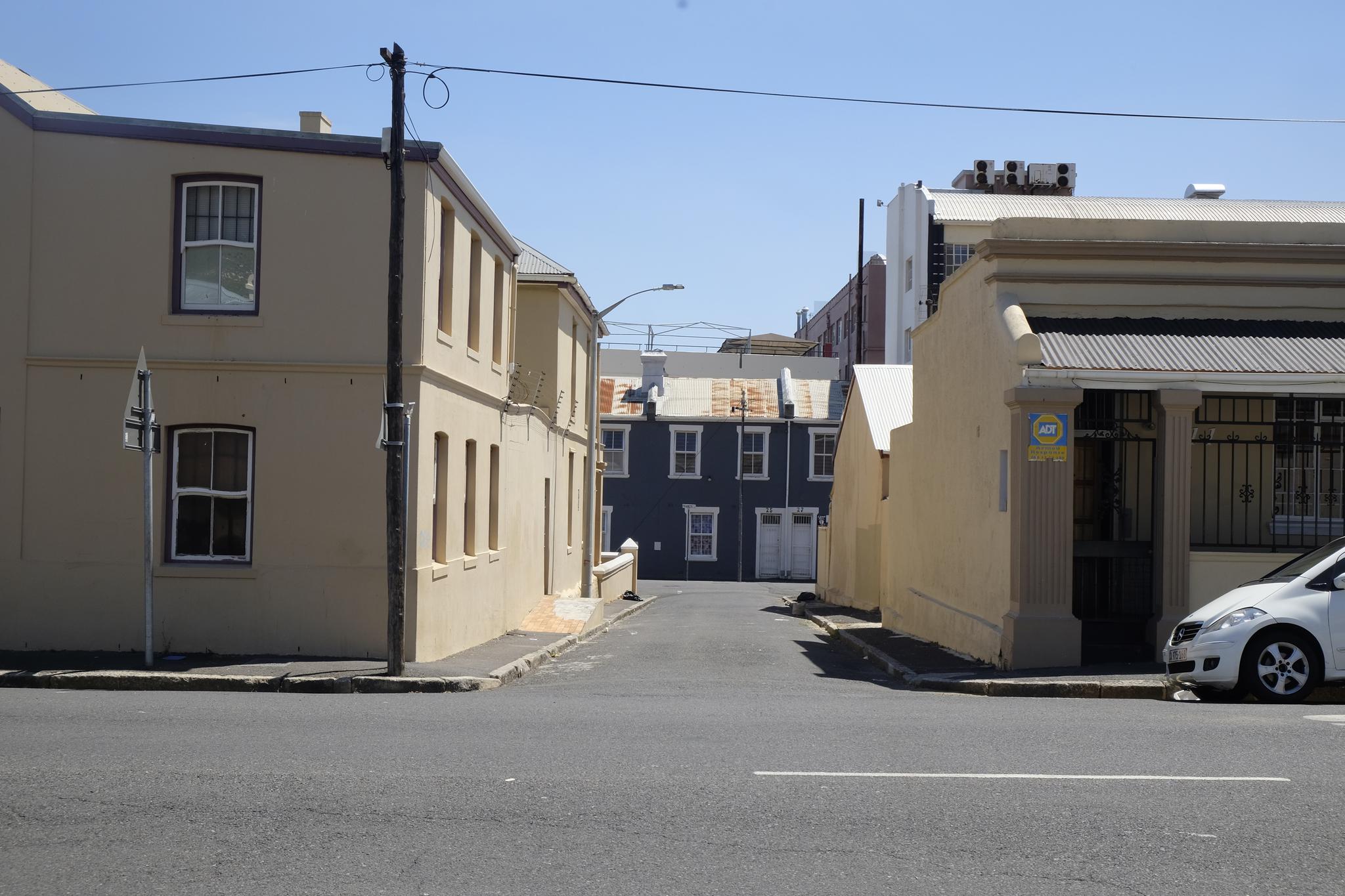
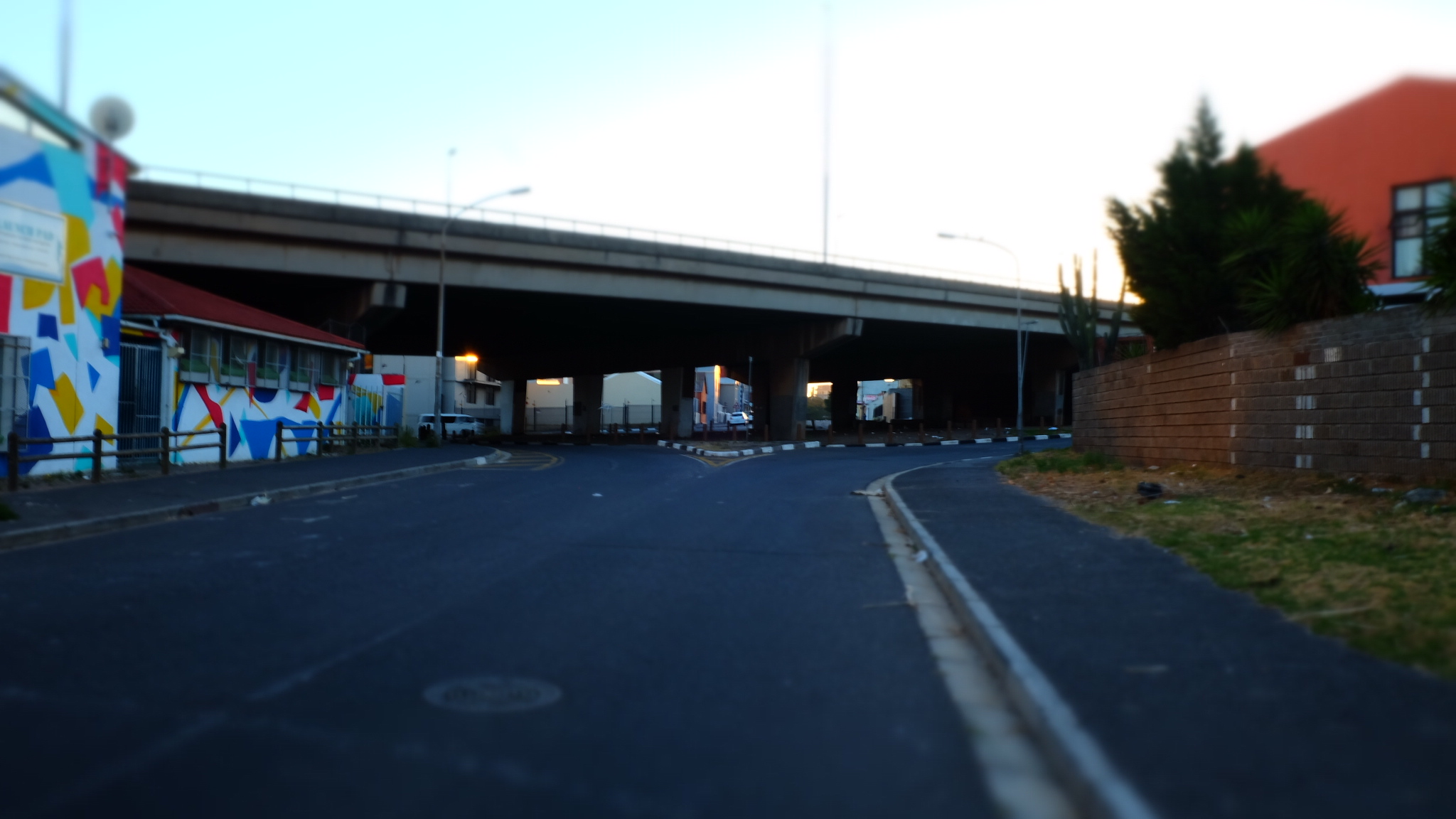
In doing Anthropology, reflective writing is important when seeking and making meanings within one's work. Introspectively, there are many thematic concerns of culture that come to mind. An example of such a concern can be found in my own process of self-questioning the cultural and contemporary nature of District Six.
Culturally, as we exist within a multispecies environment: looking at images, I ask, where have all the children gone? Where has our community gone? Have we segregated ourselves after already being ostracised by those in power?
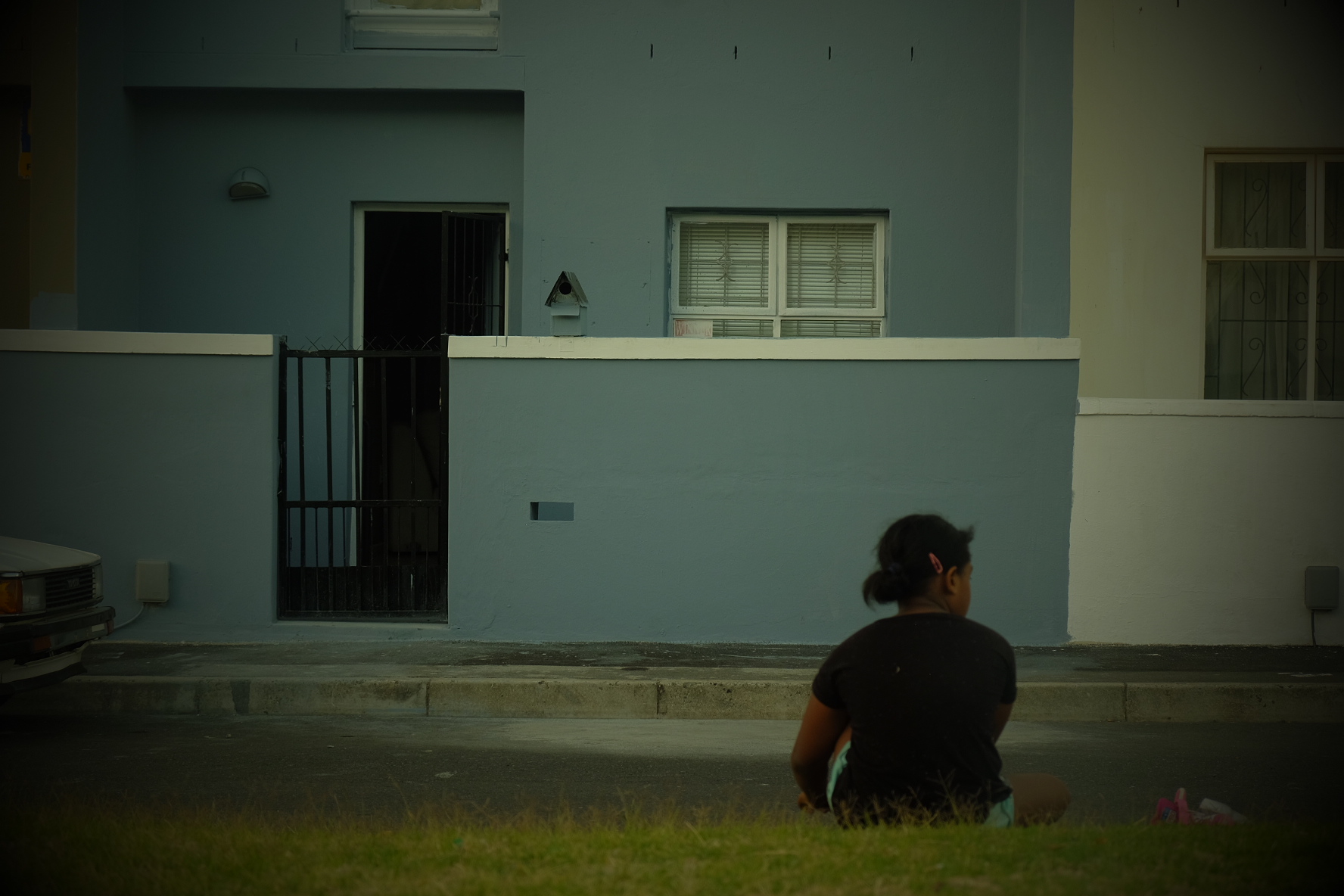
Where do we find ourselves now as a community? We find ourselves fighting a battle with the South African Government for Land Reparations and Restorations for the many evicted families that are native to District Six's Soil.
------
Below, I have shown the relationship between not only the Anthropologist and the participants involved but I have further taken into consideration the organizational, structural hegemonic goals which reflects that fieldwork is not a perfect study, one cannot take a scientific approach to such an intricate practice with so many external factors which are to be held accountable.
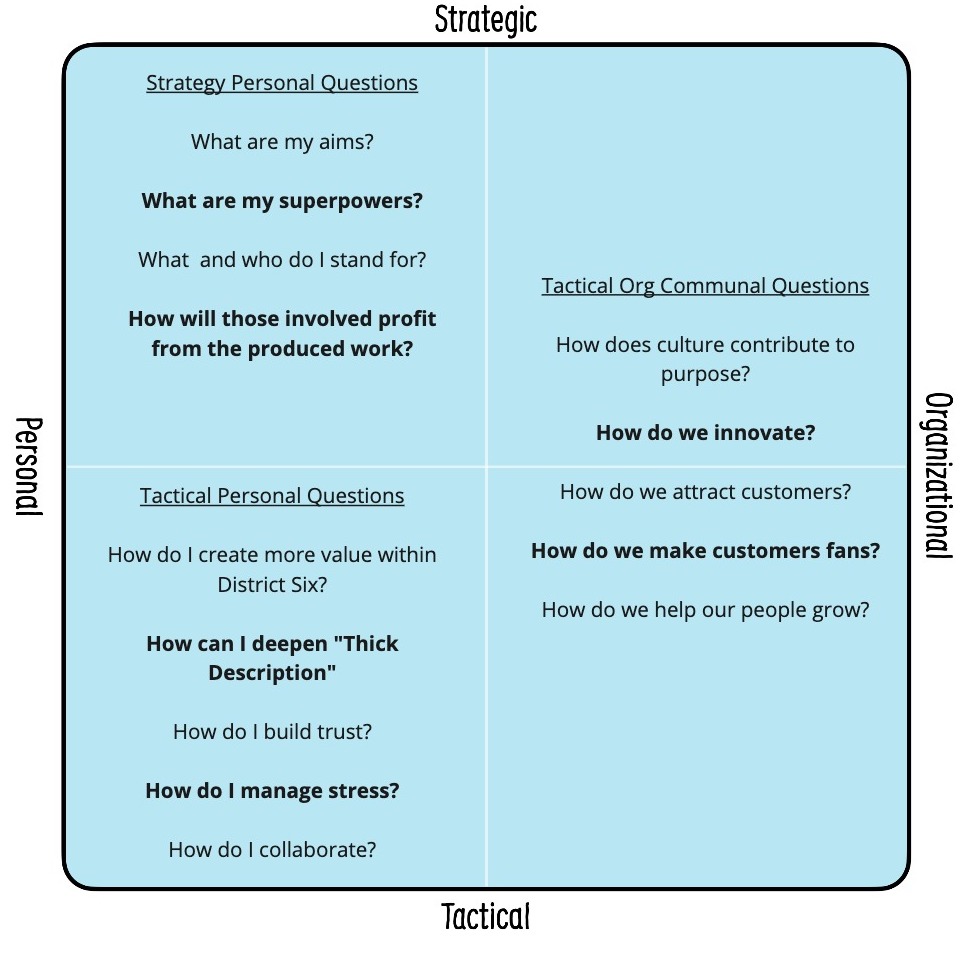 The Puzzling Deliberations Anthropologists Think About
The Puzzling Deliberations Anthropologists Think About
When it comes to the following conditions of questioning seen above, I draw specific notion to how District Six has become a site of gentrification through Tactical Organizational Strategies.
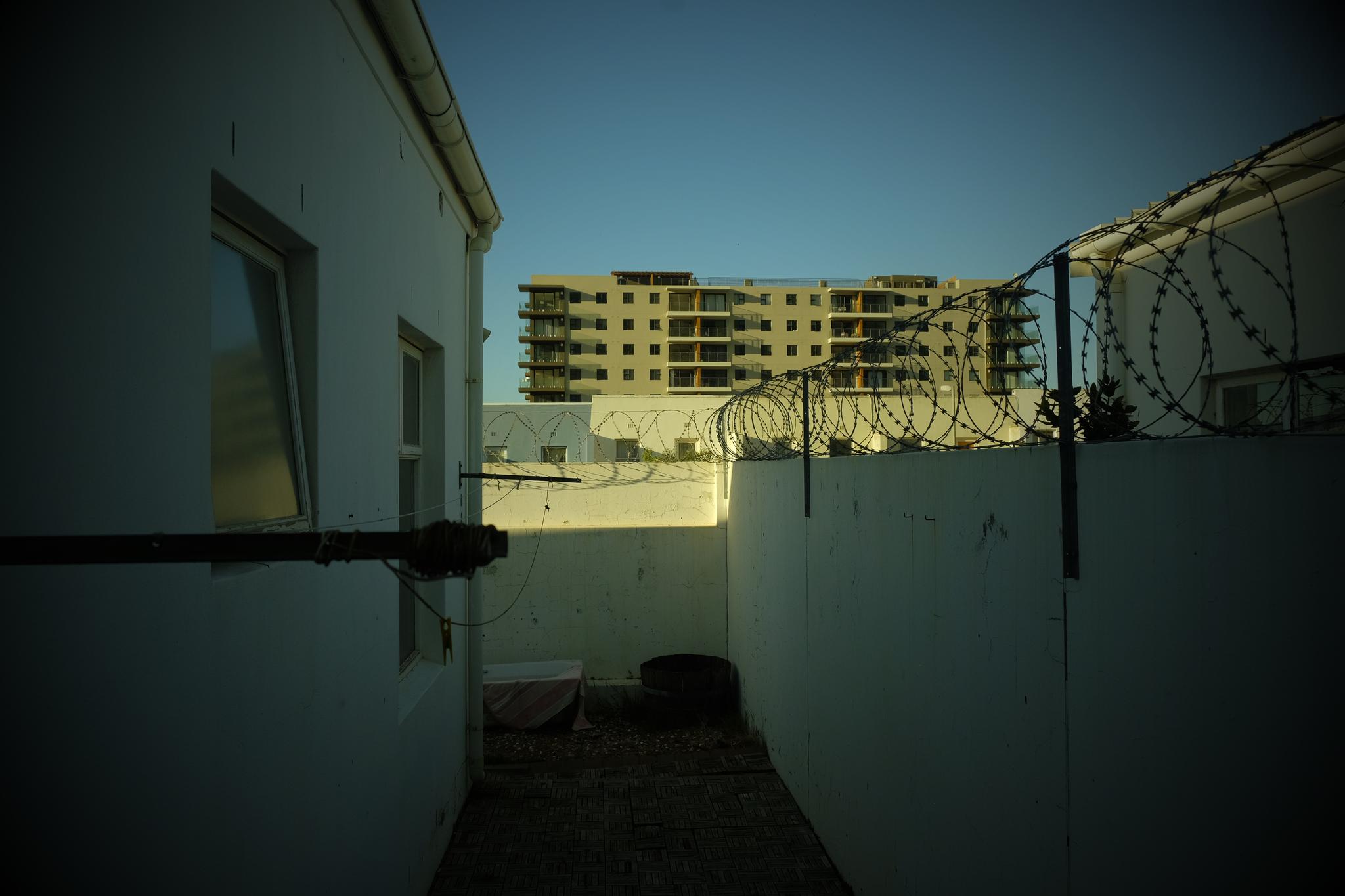
In the image above the view from my yard, a year and a half ago there was no building. Chapel Towers did not exist, it was not a part of District Six and now it is. Even during a pandemic they still managed to have the apartment buildings up by their due date. And this draws to the diagram above about organizational strategies with good HR and PR reps, Property is an intelligent game of I would say Croquet on the fields of capital in its many forms.
-----
Extra Fieldnotes
There have been times where I have been too scared to walk to the shops, what happened was that over a span of time. I saw a glimpse into the cultural lifestyles. The excessive adrenaline thrill, that knowingness you are going against your religious belief you mask so well. I saw myself being easily introduced again to a community as such. There have been moments where Doodles would come and seek attention from children due to his ostracized status in District Six for his association with the numbers gang.
Linguistically, look at their hand singles. It's not just a symbol, it's a sign for your own crown. It's a way of performing without verbal expression an emotion, a statement of who you are in the community amongst a group of men each with their own struggles.
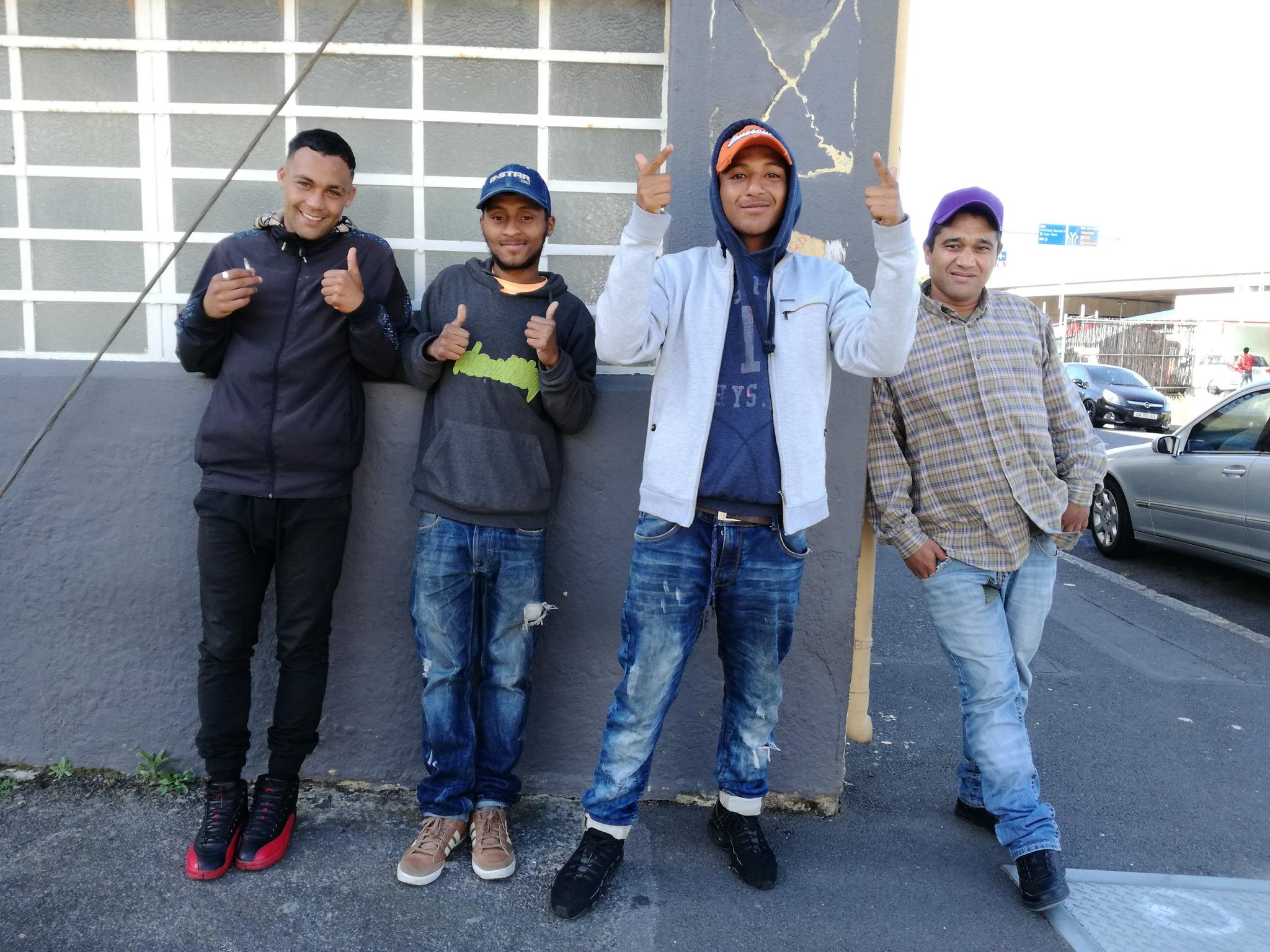
What I see above is a generation in their 20's searching for meaning in their life. This photo was taken three years ago.
-
Post a comment